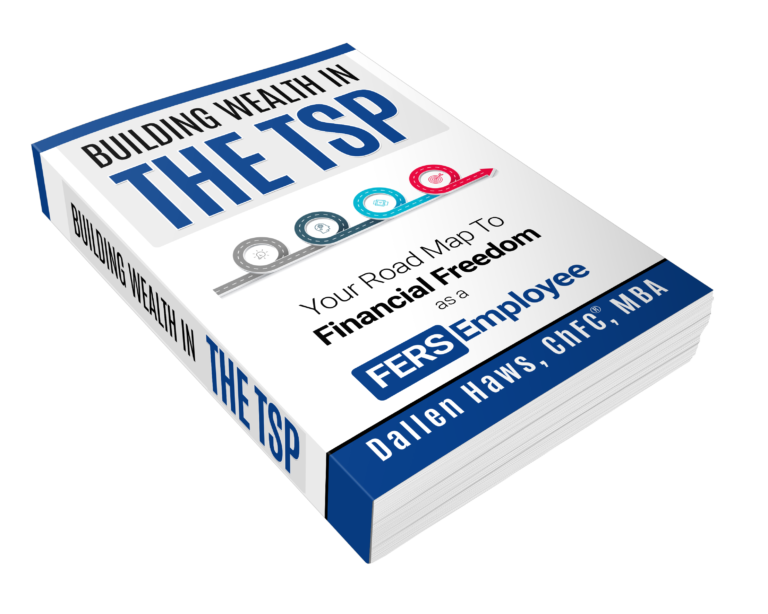This is the sort of topic that I hope stays theoretical for my readers. That being said, it is important to know how FERS disability works in the unfortunate circumstance that you or someone you know might need it. Because federal employees are not covered by workers comp as most people in the private sector, the requirements and benefits are unique to feds.
The rules are slightly different between the CSRS and FERS systems. This article will focus on the FERS system.
Are You Eligible?
You have to have at least 18 months of service in a position that is paying into the retirement system. The disability can come from an injury or a disease and includes both physical and mental disabilities. You must notify your agency and they must not be able to accommodate your disability in your current position or within any other open position in the same pay grade for which you are qualified.
If you wish to be eligible for FERS disability retirement, you must also apply for Social Security disability. Even if you aren’t approved under Social Security, you still may be eligible under FERS.
You can apply while you are still on the job or within 1 year of leaving federal service. It may be wise not to leave federal service until you give your agency plenty of time to make accommodations for you. If you leave before giving them time to do so, you may risk OPM rejecting your application.
To improve your chances of being approved for disability you will want to have thorough medical documentation of your disability as well. Even if you are terminated because of your disability it is not guaranteed that you will be approved for disability retirement. It often comes down to how convincing your medical documentation is.
The Retirement Benefits
If OPM approves your application, you will be eligible for disability retirement benefits which will be calculated based on your age and years of service.
If you meet one of the following requirements, your disability benefits will be calculated almost the same as if you were to retire normally.
- Age 62 or older with less than 20 years of service
- Younger than 62 but qualified for an immediate retirement
If you meet one these two requirements above, your benefits will be calculated as follows:
High-3 x 1% x Years of Creditable Service
If you are 62 or older and have more than 20 years of service, your formula would be:
High-3 x 1.1% x Years of Creditable Service
If you are younger than 62 and aren’t eligible for an immediate annuity your benefits are calculated 3 different times in 3 different ways.
1st Calculation-First 12 Months
For the first 12 months of your disability retirement, your benefits will be 60% of your high-3 minus any Social Security benefits that you receive. If your “earned” annuity would be higher than this amount then you will get that amount instead.
2nd Calculation-After the First 12 Months
After the first year your benefits will change to 40% of your high-3 minus 60% of any Social Security benefits that you receive. If your “earned” annuity would be higher than this amount then you will get that amount instead.
3rd Calculation-At Age 62
At this point your benefits will change to the amount that you would have received if you would have kept working until age 62. If your years of service and disability time are less than 20 years than your formula would be:
High-3 x 1% x Years of Creditable Service
If your years of service and disability time are at least 20 years than your formula would be:
High-3 x 1.1% x Years of Creditable Service
Note: Your High-3 will be increased for all the FERS COLA’s (cost of living adjustments) that occurred during your disability time.
Conclusion:
Obviously it is never an ideal situation when someone becomes disabled, but it can be comforting to know what benefits you might be eligible for if something was to happen. Even for the healthiest of us all, it is important to have a plan for whatever comes our way.


